.webp?width=2000&height=1329&name=growth-advisory-hero%20(1).webp)
Helping Companies Through Every Stage of Growth.
Larson and Company has developed a suite of services specifically to serve the needs of small to medium-sized companies. With our expertise and experience, we have helped guide numerous companies through the various stages of their businesses from infancy to maturity, and provided owners with accurate and insightful views of their business operations to allow them to focus on fulfilling their vision at every stage of growth.
WE CAN HELP YOU GROW AT ANY STAGE!
Phase 1:
Startup or Seedling Phase
Does your startup need solutions?
In this stage, owners have prototypes of products or service packages that are ready to be offered and are ready to introduce them to the market. Additional expenses besides start-up expenses are incurred and may now require more regular payments for leases, service providers, and suppliers. Owners want to start selling and get feedback from the market regarding their products. Sales trends from the Company’s accounting system and customer feedback can be used to understand the reception of the market. Owners want to focus solely on the path to market and to make sure they have enough money to continue to operate.
-
I Am Confused About Debits And Credits. Which Side Goes Where? Why Is It Different From My Bank Statements? How Do I Cut My First Check? What Are Journal Entries?
-
I Have Too Many Checks To Cut, How Can I Do This Faster?
-
What Tax Forms Do I Need To File For My Company Or Partnership?
During this phase of your business, our Accounting Services team and Tax Services professionals are here to help. We have over 40+ years in helping our start-ups begin their journey. From helping with setting up accounting software, tracking and paying bills, preparing tax returns, and consulting on the most tax advantageous business structure, our professionals stand ready to help each idea or business plan from a dream to a reality.
Phase 2:
Germination and Growth Phase
In this stage, the product is now tested and people love it! There is a growing demand for the product or services offered but there may not be enough resources to meet demand. The Company is consistently generating revenue and adding new customers. Recurring revenue will help pay for operating expenses and open up new business opportunities. Sometimes there is a long lead-time from a customer’s order to delivery because of the lack of inventory or resources. Businesses during this phase may be operating at a net loss and will need additional investors or lenders to help supply the resources they need to meet demand.
-
My Investors Are Asking for A Financial Statement. What Is That and How Do I Prepare One?
-
What States Do I Have Nexus In?
-
Do I Have Enough Cash For The Next Month?
-
How Do I Get Potential Investors Interested In My Business?
During this phase, the key to success is making sure you begin to have appropriate processes and controls in place to run your business. Having key processes and controls will help convert your product and service delivered to cash on hand. Our Accounting Services team will guide you in setting up processes and controls to ensure that the timing of billings are expense payments are optimal so that cash is always on hand to help meet the demands of the business. They will also be able to help compile and prepare financial statements so owners can get timely insights into their business and solicit new investors for their business.
Lastly, Tax Services Professionals stand ready to provide strategic consultation and preparation so that you stay compliant to all state and federal regulations and avoid the pitfalls of a growing business.
Phase 3:
Rapid Growth and Expansion Phase
The Company is now thriving and it has established its presence in the industry. There is enough money generated by the Company to sustain itself without additional assistance from investors or lenders. However, there are more competitors in the market place that are taking away some of the business’ market share. In order to maintain market share, additional revenue streams will need to be developed. The Company may also need to be compliant with additional covenants from customers, lenders, investors, or regulators. Since more employees are involved, and owners are not as involved in every aspect of the company, there is a greater opportunity for theft or financial misstatements. It is crucial for companies to design appropriate processes and controls to limit such threats. Additionally, the Company is considering more employee benefits to attract talent.
-
What Controls Should I Have in Place To Prevent Theft Or Financial Misstatements?
-
It Seems Like My Tax Rate Keeps Going Up. How May I Lower My Tax Rate?
-
I Am Hearing That I Can Deduct All Of My Equipment Purchases And Certain R&D For Taxes. Is That True?
-
I Recently Hired My 125th Employee And I Offer A Benefit Plan. Do I Need to Do Anything Differently?
-
My Bank or Investors Are Asking For Reviewed Financials Or Audit Of GAAP Financials, How Do I Get One?
-
I am worried about my company’s cybersecurity posture, what should I do?
Controls and processes are great as long as they are operating effectively. To do so, Companies will need to have appropriate monitoring processes to help hold employees accountable to their responsibilities. Our Accounting Services and Data Analytics teams can help provide recommendations and help implement tools that monitor the health of the Company
Our IT Audit professionals can provide you with SOC 1, 2, or 3 exams over financial and IT processes to determine whether they are compliant to processing integrity and security standards. These reports can also be shared with customers and potential customers to help build their trust in your organization.
Reviews or audits can also be performed by our Attestation team to provide financial statements as well as Employee Benefit Plan Audits to ensure information is accurately stated and to meet any regulatory and loan covenants.
Lastly, Tax professionals also stand ready to help maximize your deductions through strategies like utilizing the R&D tax credits and accelerated depreciation to minimize taxes so you have more money to help your ideas grow.
Phase 4:
mature established company
In this stage, the Company is now mature and is a leader in the industry. Business could still be growing but not at the substantial rate it previously experienced. The Company is generating significant amounts of cash but may stay relatively stagnant. Some of its revenue streams may be waning due to lower demands or other disruptive technology. Owners may be looking at exit strategies (selling to others or IPO) or other potential new revenue avenues through development or acquisition that may be completely different from what they are doing now. Board of Directors of the Company may require audits performed regularly to maintain appropriate oversight of the Company or for registration with the PCAOB for public trading.
-
I have someone interested in buying my Company. What should I do?
-
What Is The Process To Becoming Publicly Traded?
-
I Have Acquired A New Company, How Should I Account For It?
-
I Think Someone May Be Embezzling Company Funds, What Should I Do?
At this phase, Companies are generating attention from many potential buyers and investors. Regular financial audits are a great way to not only help monitor the accuracy of financial information but also provide trust and credibility with such potential buyers and investors. Additional services mentioned in previous stages are also helpful to maintain appropriate accounting hygiene to ensure appropriate financial health of the Company.
If a Company is interested in acquiring other potential Companies to expand their suite of services, our Accounting and Tax consultants are ready to help provide you with guidance and direction so such transactions can be accounted for appropriately while minimizing tax burden.
Lastly, if fraud is suspected, our fraud examiners can provide you with expert advice and services to help locate and/or quantify the potential exposure of fraud.

.png)



